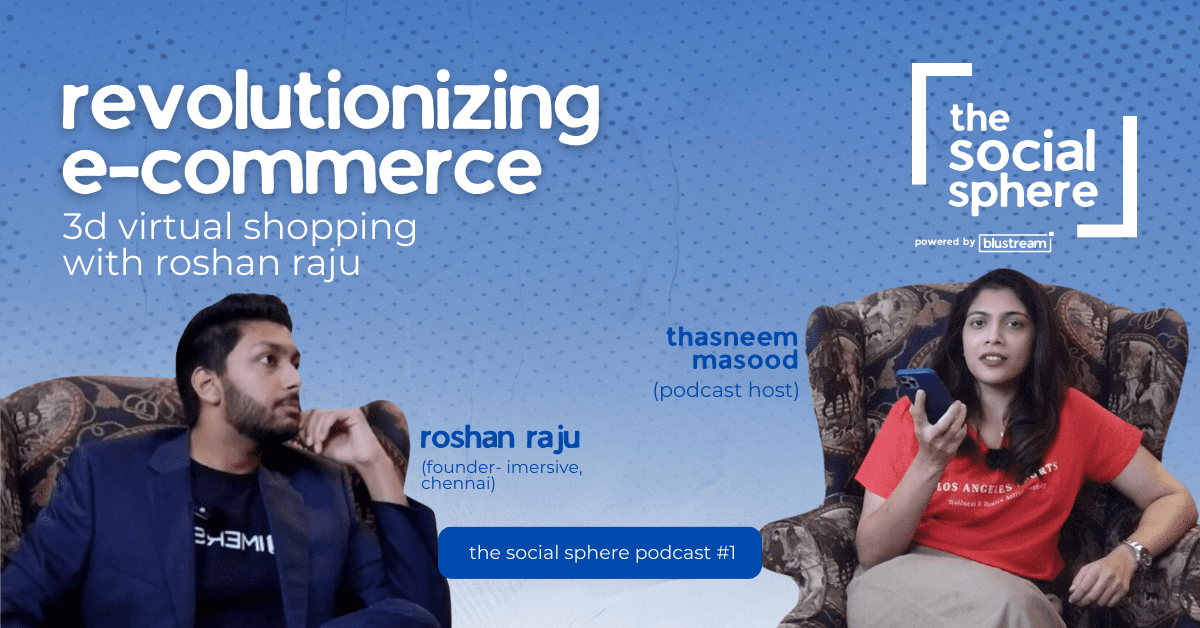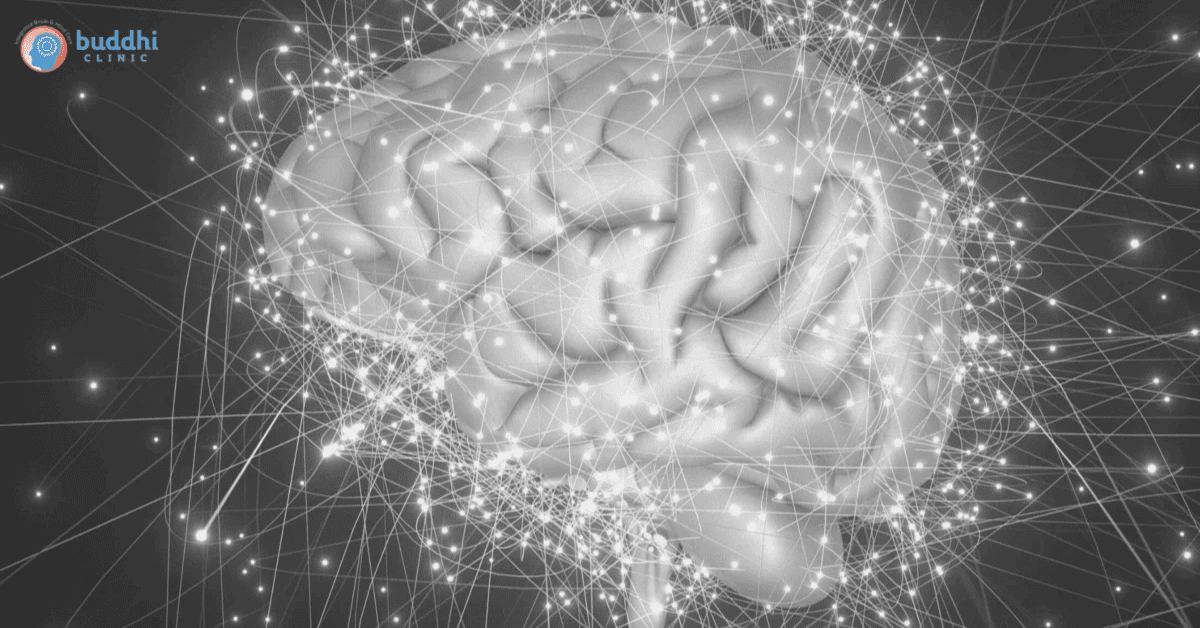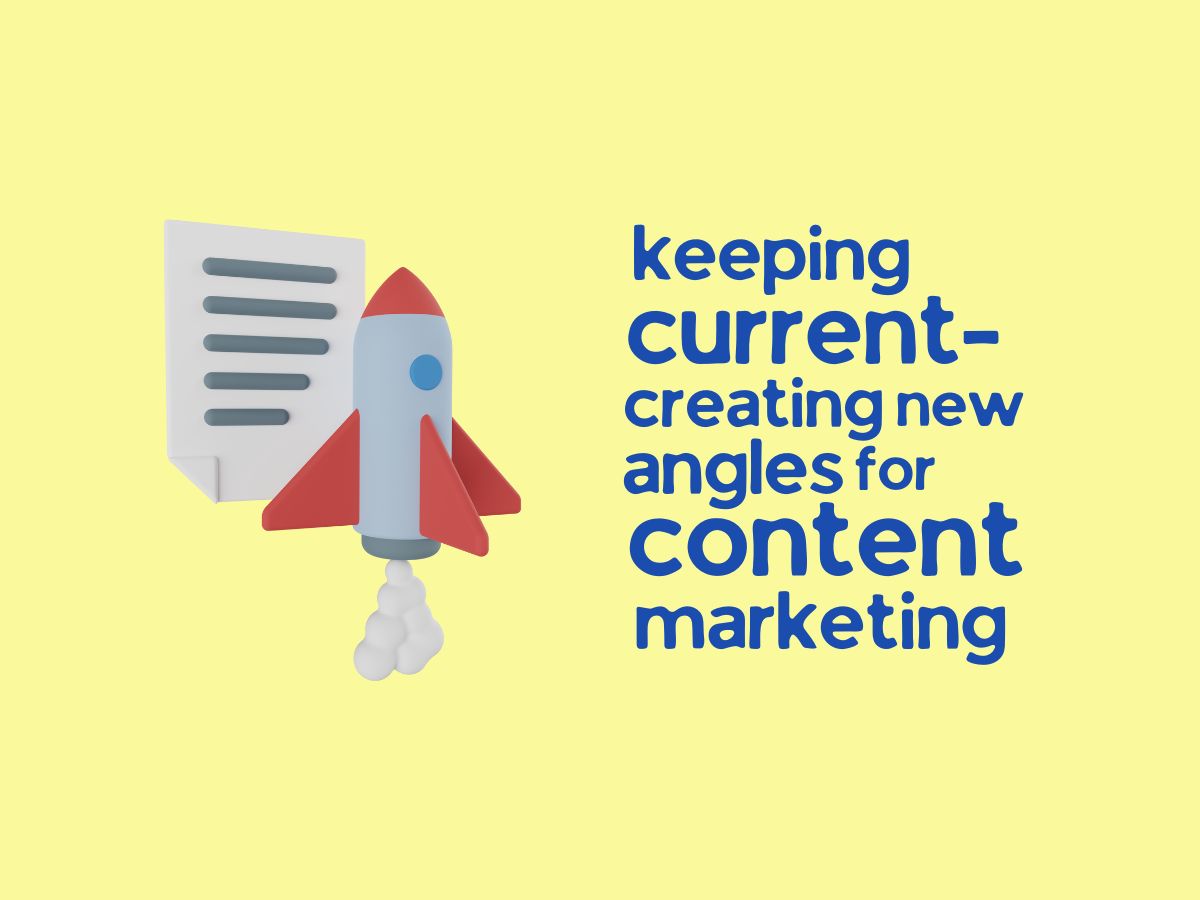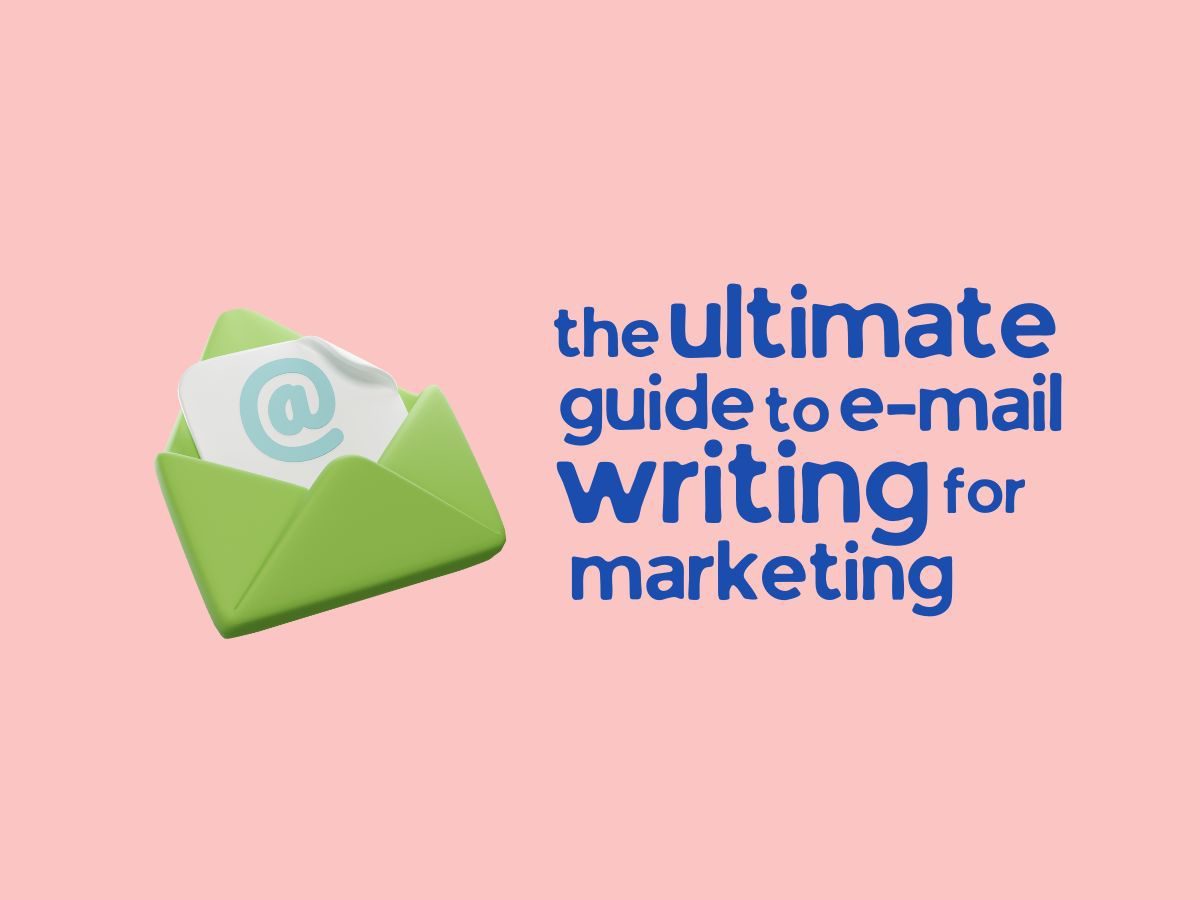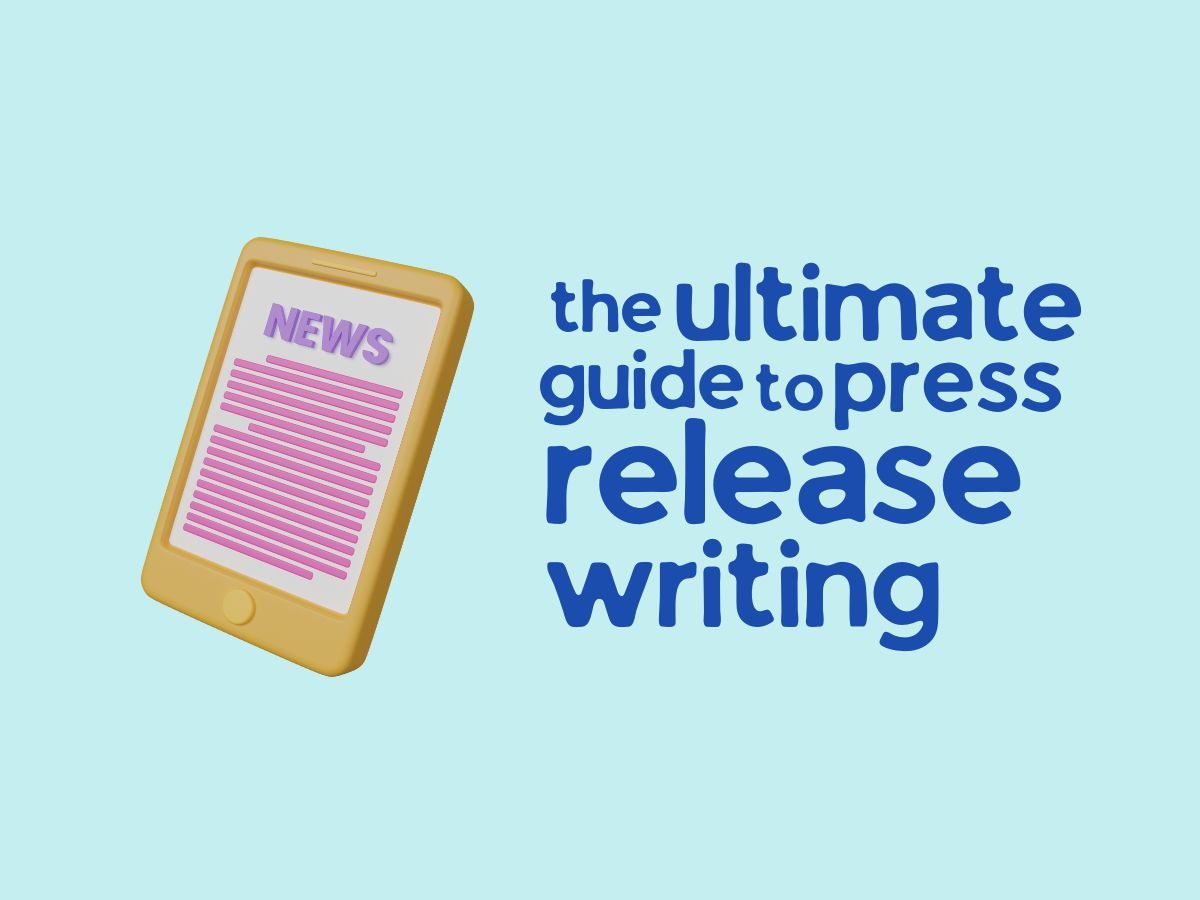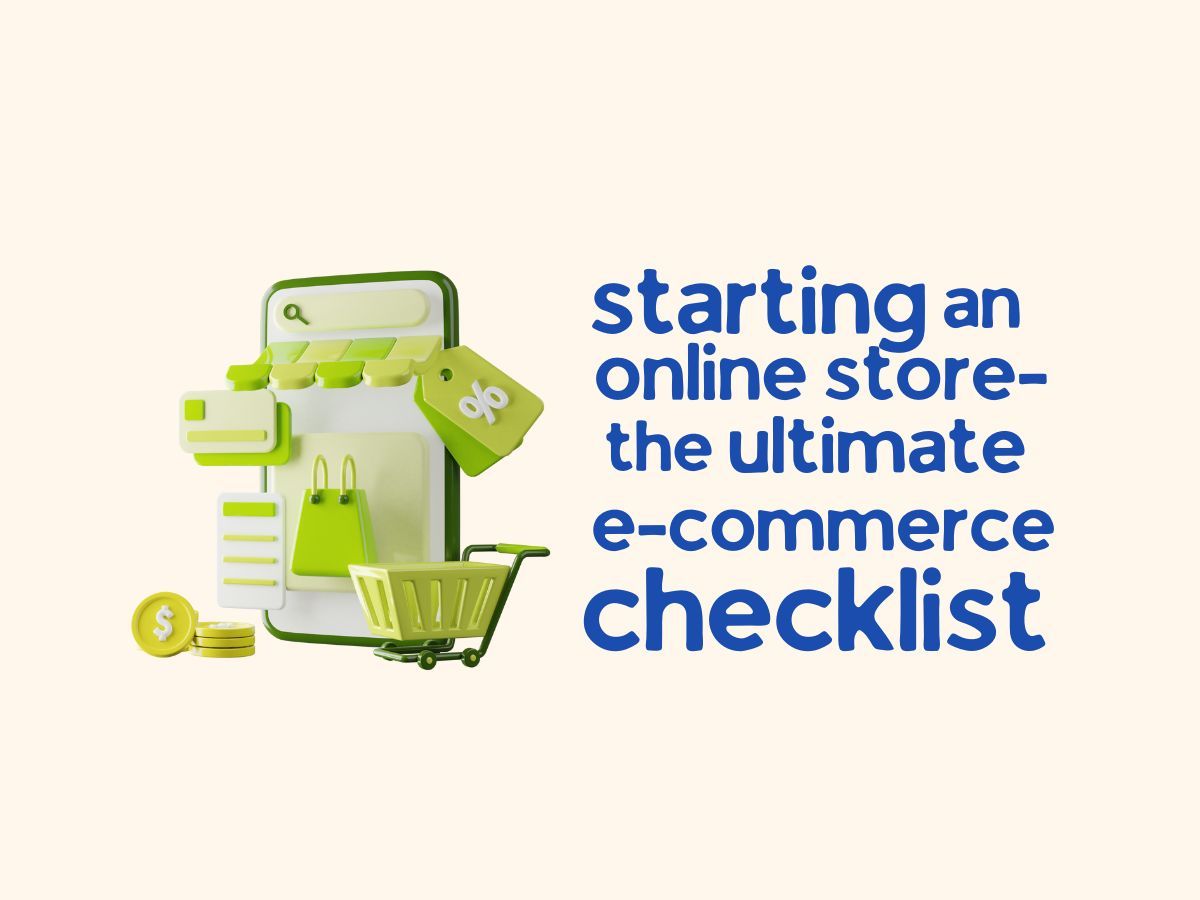In the rapidly growing market of today’s world, marketers want to reach their target audience as quickly as possible, but as competition increases, it becomes exponentially difficult to concur. Enter the world of artificial intelligence (AI), which can automatically identify and convert your customers.
In simple words, AI marketing is the technique of feeding the user’s data to machine learning technologies, and with advanced math, AI can predict the next move of the customer and enhance the user experience.
AI opens up new possibilities and strategies to convert customers at every stage of the funnel, improves the customer’s experience with your business, and changes the traditional ways of capturing the user’s attention.
75% of customers are expecting companies to understand their needs. AI proves to be the ultimate aid for this situation, as it can collect and progress user data constantly and provide a seamless experience to the user.
Now that you know how AI marketing works, let’s dive deeper into the world of AI marketing, and see how businesses across the globe put AI to work and which companies are elite in integrating AI into their business.
- 6 incredible uses of AI marketing
- 6 limitations of AI marketing
- 6 aristocrats exploiting AI marketing
6 incredible uses of AI marketing
- Automation – Data processing is the most tedious of all back-end procedures. Customization is a customer’s love at first sight, the less work the user has to do to reach their desired page, the better will be their feedback and experience.
- Increased ROI – AI reduces the work of going through user data and pinpointing the target customer to provide a personalized experience. This gives the marketer the liberty to focus on more important aspects of the business that need manual care.
The process of selective data analysis and Its automation saves a lot of manual work and thus increases the ROI per lead. This also greatly reduces the need for surveys and campaigns as the data is automatically processed.
- Increased personalization – As discussed earlier, AI makes personalization way more easier and effective. Personalized push notifications are one great example of AI-powered personalization.
It would be clearly impossible to create e-mails, push notifications social media ads, and personalized ads over all platforms if it weren’t for AI.
- Cost savings – When there’s a lesser need for manual intervention and lesser manpower required, brands save a lot of funds. Cost cutting in unnecessary fields lets the business spend on better and more efficient resources.
For example, content writers can be employed for miscellaneous tasks and the task of copywriting and e-mail content creation can be handed over to AI. Aligning the resources in the most optimal pattern is the key here.
- Minimizing errors – While humans tend to make errors once in every while, AI simply doesn’t. Even if it does have a back-end error, once it’s solved, it never comes up again. AI will simply make everything look seamless and perfect.
On top of that, it’s a resource you never have to replenish. Once allotted, AI will work for you forever. Updates and upgrades are the only requirements of AI, and even they are expected to be automated soon.
- Faster decision making – When all the decisions are set to be made based on a pre-determined set of inputs and data structures, it simply takes no time to make instant decisions for processes like product recommendation.

6 limitations of AI marketing
- Data limitations – As we’re nearing the end of 2022, we’re witnessing security updates in mobile devices that limit access to usable data by third-party websites. And as we know, AI is based directly on the amount of data fed to it. This can be a core limitation of AI.
- Uncertainty of outcomes – AI now, is a set of complex algorithms that most people don’t understand. Reliable Sentiment Analysis is very difficult for AI to perform and can sometimes be inaccurate. Another possible limitation can be optimized for multiple outcomes for a single input.
- Replacing Humans is impossible – There should always be a prior input for possible outcomes, and these inputs are fed by humans. It is very difficult to replace many other complex roles that are played by humans. Though a pro is that instead of replacing, we can always empower humans with the help of AI.
- Marketing is convoluted – The distinction among different systems can pose a major problem in unifying the central system. It is near impossible to detect the presence of a single user across different platforms and thus makes data availability a mess.
- Unrealistic expectations – AI has indeed come a long way in terms of dealing with real problems, AI can make art, and AI can do copywriting, but these solutions aren’t out of the scope of human possibilities, in fact, these are pretty basic tasks that the much complex AI is learning now. AI outperforming human abilities is a near and dear dream.
- Requires supervision – As it is apparent from the above mentions, AI requires a constant input of data and algorithms and it can’t really “think” for itself. AI can do what it’s programmed to do and can’t make split-second decisions as a human does.
6 aristocrats exploiting AI marketing
- Unilever – Unilever has various AI data centers across the globe to conduct traditional market research and social market research. Unilever’s AI sneakily recognized the pattern of songs describing ice-cream consumption as breakfast. Taking this idea, they made the plans for cereal-flavored ice cream and successfully launched them under the brand Ben & Jerry’s.
- Starbucks – From announcing their personalization plans back in 2016 to having a full-fledged mobile app and personalization systems. They collect user data of purchases and time of purchase to recommend better suggestions to the user for the same timings on other days.
- Alibaba – Last year the e-Commerce behemoth launched a brick-and-mortar store in Hong Kong, which was powered by AI. They brought in the concept of digital garment tags that detect when the product is touched and mirrors that display clothing information. They have plans to launch a virtual wardrobe function soon.
- eBay – Using the art of brand language optimization, the e-Commerce giant eBay has been leveraging the benefits of e-mail marketing from as early as 2016. They’ve been using the AI customer experience platform Phrasee to enhance their e-mails.
- Chase – Chase Bank is in a five-year contract with an AI marketing brand, Persado. This company drove more positive responses from the bank’s users by creating appealing digital ads.
- Sephora – Reports identify Chatbots as the fastest growing brand communication channel with over 92% growth from the year 2019 – 2020. The beauty brand Sephora being an early contender to this list, saw the possibilities of AI in early 2017 and started dispensing beauty advice on Kik.
Is AI for you?
As long as you’re willing to grow as a business, be it small scale, medium, or large, there’s a plethora of opportunities and possibilities where you can integrate AI into your business seamlessly and grow exponentially. If you didn’t know about AI marketing before this blog post, subscribe to our newsletter, if you did, we’ll settle for feedback!






